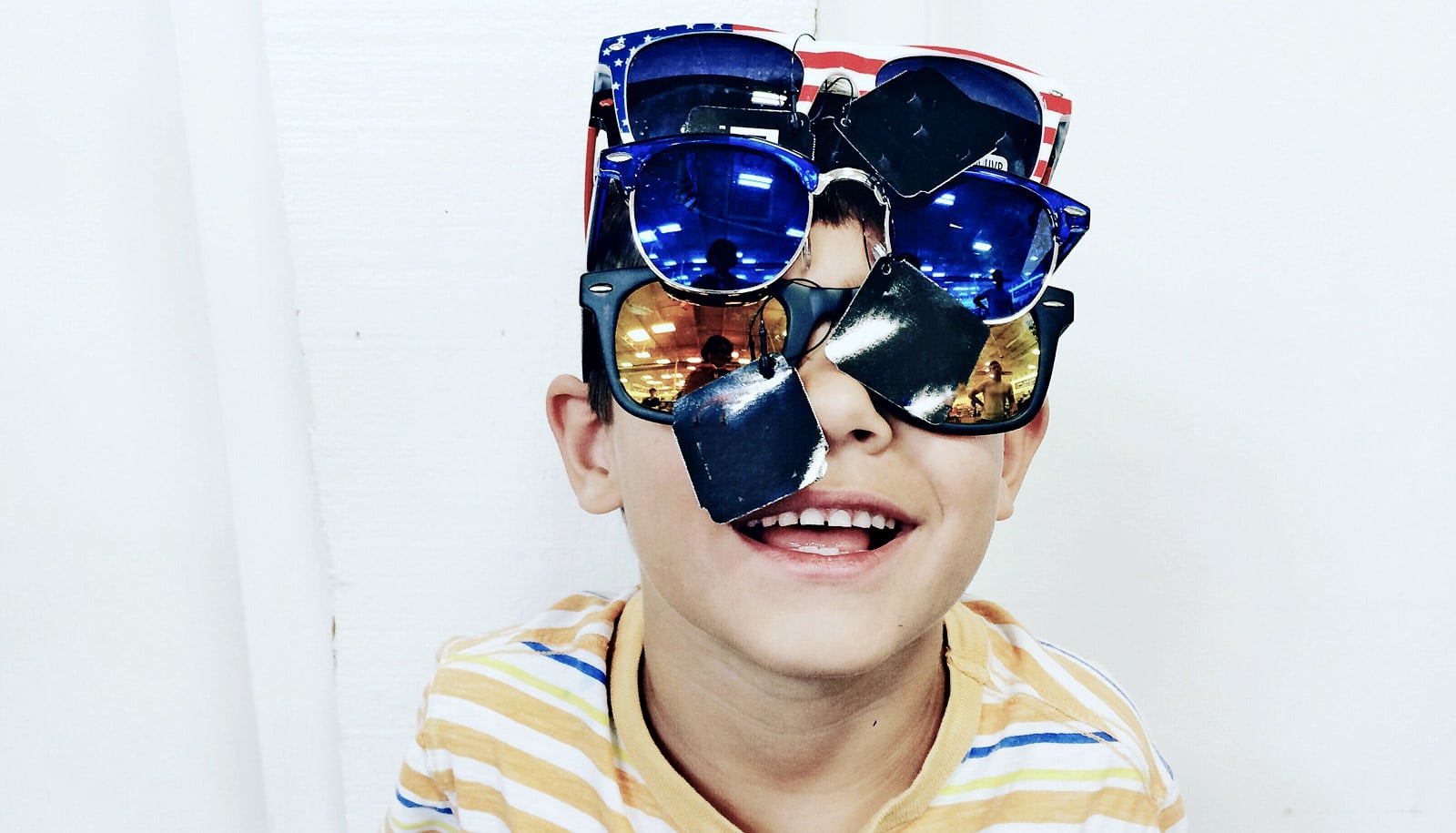Children, regardless of their own race, share the stereotype that links being “brilliant” to white men more than white women, research finds.
Children don’t apply this gender-split stereotype to black men and women, say the researchers.
“Among adults, gender stereotypes apply differently to men and women depending on their race,” explains Andrei Cimpian, an associate professor in New York University’s psychology department and the senior author of the study in the Journal of Social Issues. “That’s why it is important to consider how gender and race intersect when examining children’s gender stereotypes about intellectual ability.
“Our research indicates that the stereotype associating brilliance with white men more than white women is likely widespread—but also that children acquire no such stereotype about black men and women. In fact, they may see black women as more likely to be brilliant than they do black men.”
The ‘brilliance’ stereotype
Previously, Cimpian and his colleagues found that, by the age of six, girls become less likely than boys to associate brilliance with their own gender and are more likely to avoid activities said to require brilliance.
However, previous research on this stereotype has not considered how its acquisition might differ depending on the race of the men and women targeted by the stereotype—or depending on children’s own race. In other words, does the “brilliance” stereotype extend across racial backgrounds?
Answering this question is important, the researchers note, because prior work by Cimpian and his collaborators has suggested that this “brilliance” stereotype may be a key reason for the gender gaps observed in many prestigious careers where intellectual talent is valued, including those in science and technology.
‘Who’s really, really smart?’
In the study, the scientists posed a series of questions to more than 200 5- and 6-year-olds from New York City public elementary schools, comparing their assumptions about the intellectual abilities of white men and women with their assumptions about the intellectual abilities of black men and women.
To gauge this, the researchers showed the children photographs of eight pairs of adults in a naturalistic setting (e.g., in a home, in an office), one pair at a time. The two people in each of the eight pairs were a woman and a man of the same race (four black male/female pairs, four white male/female pairs). Children were told that one of the two individuals in each pair was “really, really smart” and were then asked to guess which one the smart individual was.
These results showed that, overall, children associate white men, more so than white women, with brilliance. The researchers also compared white children’s responses with those of children of color (primarily Latinx, black, and Asian) and found that they were largely in agreement on this topic.
However, children’s views about the intellectual abilities of black men and black women were quite different. In fact, the researchers found, children generally see black men as less brilliant than they do black women.
“Overall, these findings reinforce the conclusion that the gender-brilliance stereotype is acquired relatively early on in life, but they also suggest that this stereotype may ‘look’ different depending on the ethnicity of the women and men that children are reasoning about,” observes Jilana Jaxon, a co-first author of the paper and an NYU doctoral student at the time of the research.
The National Science Foundation funded the work.
Source: NYU



